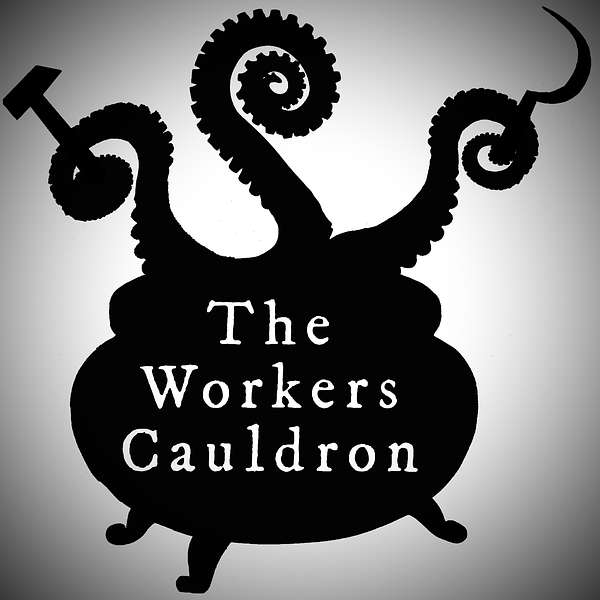
The Worker's Cauldron
A podcast about the cultural politics of the paranormal. Where Karl Marx shakes his fist at the Loch Ness Monster and Bigfoot speaks to us about the legacies of colonialism. We discuss the contemporary obsession with all things supernatural through a socialist, feminist lens and ask what our strange experiences and beliefs tell us about the society we live in.
The Worker's Cauldron
Witchcraft and Women's Liberation Part 2: The Susan B. Anthony Coven no. 1
On this episode of The Workers Cauldron, we discuss the schism between radical and cultural feminists in the 1970s. We focus on the life and works of Z Budapest, who founded the Susan B. Anthony Coven no. 1 in 1970, the first of many covens devoted to what she termed “Dianic Wicca.” This reformulation of Wicca was staunchly feminist and believed men could only be initiated into the craft when true gender equality was won.
Sources:
Cynthia Eller, Living in the Lap of the Goddess: The Feminist Spirituality Movement in America
Alice Echols, Daring to Be Bad: Radical Feminism in America 1967-1975
Margot Adler, Drawing Down the Moon: Witches, Druids, Goddess-Worshippers, and Other Pagans in America Today
Kristy S. Coleman, Re-riting Woman: Dianic Wicca and the Feminine Divine
Julia Kubula, Teaching “Bad Feminism”: Mary Daly and the Legacy of ’70s Lesbian-Feminism
Shai Feraro, “The Goddess is Alive. Magic is Afoot.”: Radical and Cultural Feminist Influences on Z Budapest’s Dianic Witchcraft During the 1970s–1980s
Zsuzsanna E. Budapest, My Dark Sordid Past As A Heterosexual: First Destiny
Deborah Netburn, This feminist witch introduced California to Goddess worship
Roz Kaveney, Why won't pagans accept trans women?